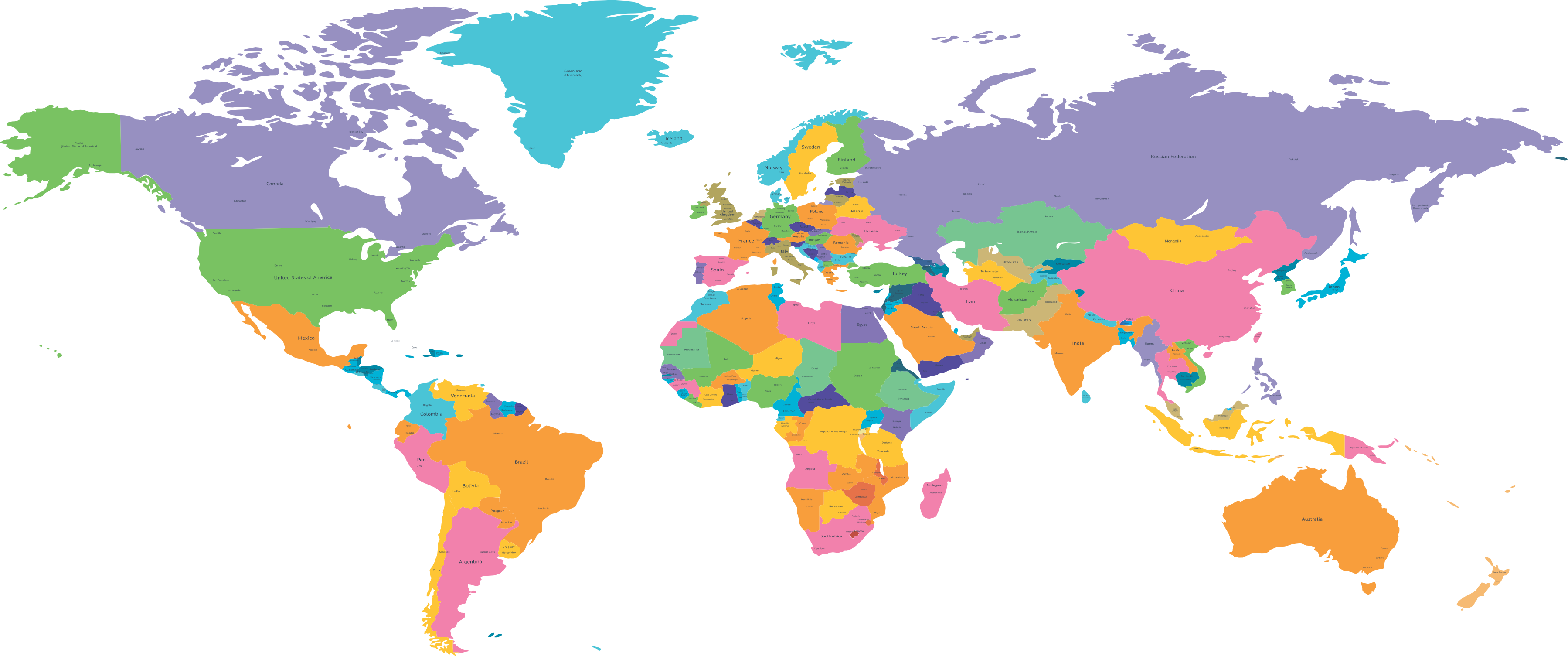The Police-Prosecution Nexus in Pakistan: Exploring Institutional Coordination and its Impact on Criminal Justice Outcomes
DOI:
https://doi.org/10.55737/rl.2025.44119Keywords:
Challenges, Criminal Justice, Laws, Pakistan, Police, ProsecutionAbstract
In Pakistan, the criminal justice system is largely influenced by the close relationship between the police and the prosecution. Ineffective coordination has been experienced over the years due to overlapping mandates, lack of resources, and institutional rivalries. Such fragmentation tends to impair the proceedings of cases, corrosion of trial results, and depletion of public trust. Findings show that informal "shadow" networks can speed up evidence transfer but also spread inconsistencies in evidentiary standards. The study supposes that by increasing institutional synergies, i.e., common protocols, common training programs, and performance-based rewards, case-dismissal rates may be reduced drastically, trial times may be shorter, and public confidence may be enhanced. These are needed since a justice system that is grappling with systemic inertia requires them.
References
Azhar, S., Rizvi, S. A. A., & Asghar, U. (2025). Criminal procedure code in Pakistan: Evaluating the process and challenges in investigating crimes. The Critical Review of Social Sciences Studies, 3(2), 789-799. https://doi.org/10.59075/nz2cgn14
Gan, J., Xie, L., Peng, G., Xie, J., Chen, Y., & Yu, Q. (2021). Systematic review on modification methods of dietary fiber. Food Hydrocolloids, 119, 106872. https://doi.org/10.1016/j.foodhyd.2021.106872
Garrod, M. (2024). The applicability and effectiveness of the AU’s instruments to organized criminal terrorism. In Organized Criminal Terrorism (pp. 116-185). Brill Nijhoff. https://doi.org/10.1163/9789004424579_007
Hiver, P., Al-Hoorie, A. H., Vitta, J. P., & Wu, J. (2021). Engagement in language learning: A systematic review of 20 years of research methods and definitions. Language Teaching Research, 13621688211001289.https://doi.org/10.1177/13621688211001289
Komba, M. M. & Lwoga, E. T. (2020). Systematic review as a research method in library and information science. In P. Ngulube (Ed.), Handbook of research on connecting research methods for information science research (pp. 80-94). IGI Global Scientific Publishing. https://doi.org/10.4018/978-1-7998-1471-9.ch005
Page, M. J., McKenzie, J. E., Bossuyt, P. M., Boutron, I., Hoffmann, T. C., Mulrow, C. D., Shamseer, L., Tetzlaff, J. M., & Moher, D. (2021). Updating guidance for reporting systematic reviews: Development of the PRISMA 2020 statement. Journal of Clinical Epidemiology, 134, 103-112.https://doi.org/10.1016/j.jclinepi.2021.02.003
Pawson, R., Greenhalgh, T., Harvey, G., & Walshe, K. (2005). Realist review - A new method of systematic review designed for complex policy interventions. Journal of Health Services Research & Policy, 10(1), 21-34.https://doi.org/10.1258/1355819054308530
Petticrew, M., & Roberts, H. (2006). Systematic reviews in the social sciences: A practical guide. Blackwell Publishing. https://doi.org/10.1002/9780470754887
Rahi, S. (2017). Research design and methods: A systematic review of research, sampling issues, and instruments development. International Journal of Economics Management Sciences, 6(2), 403. https://doi.org/10.4172/2162-6359.1000403
Rasool, A., & Abdullah, K. (2023). Beyond the realms of formal justice: Critically analyzing Pakistan's standing at WJP rule of law. Global Political Review, 8(4), 22-28.http://doi.org/10.31703/gpr.2023(VIII-IV).03
Ullah, R., Ullah, I., & ul Hussain, N. (2025). Institutional and structural dimensions of police-prosecution coordination: A qualitative case study from Islamabad, Pakistan. The Critical Review of Social Sciences Studies, 3(2), 1349-1359. https://doi.org/10.59075/c9c79n50
Warraich, K. M., & Butt, J. S. (2024). Revealing the economic consequences of prosecution failures within Pakistan's criminal justice systems: A focus on ethical considerations, with comparative insights from Norway. Minhaj International Journal of Economics and Organization Sciences, 4(1), 1-23. https://doi.org/10.58932/MULE0022
Waseem, Z. (2024). (In) security in subordination: Policing and police work in postcolonial Pakistan. Security Dialogue, 09670106241245262. https://doi.org/10.1177/09670106241245262
Wattoo, K. N. (2022). Definition of terrorism and its impact on the criminal justice system: A critical review. Journal of Public Policy Practitioners, 1(2), 79-114. https://doi.org/10.32350/jppp.12.04
Victor, L. (2008). Systematic reviewing in the social sciences: Outcomes and explanation. Enquire, 1(1), 32-46. https://www.nottingham.ac.uk/sociology/documents/enquire/volume-1-issue-1-victor.pdf




